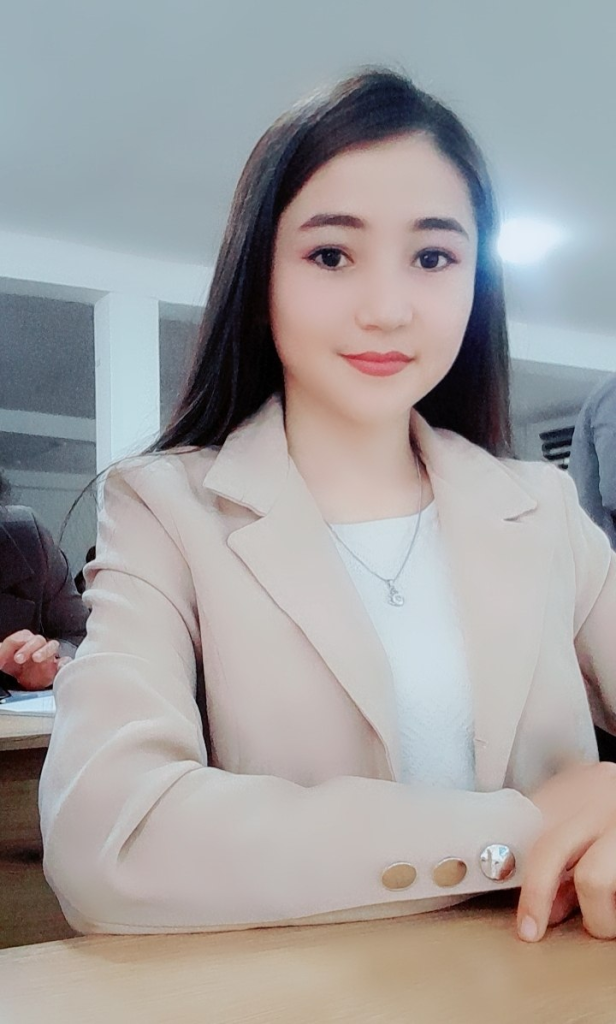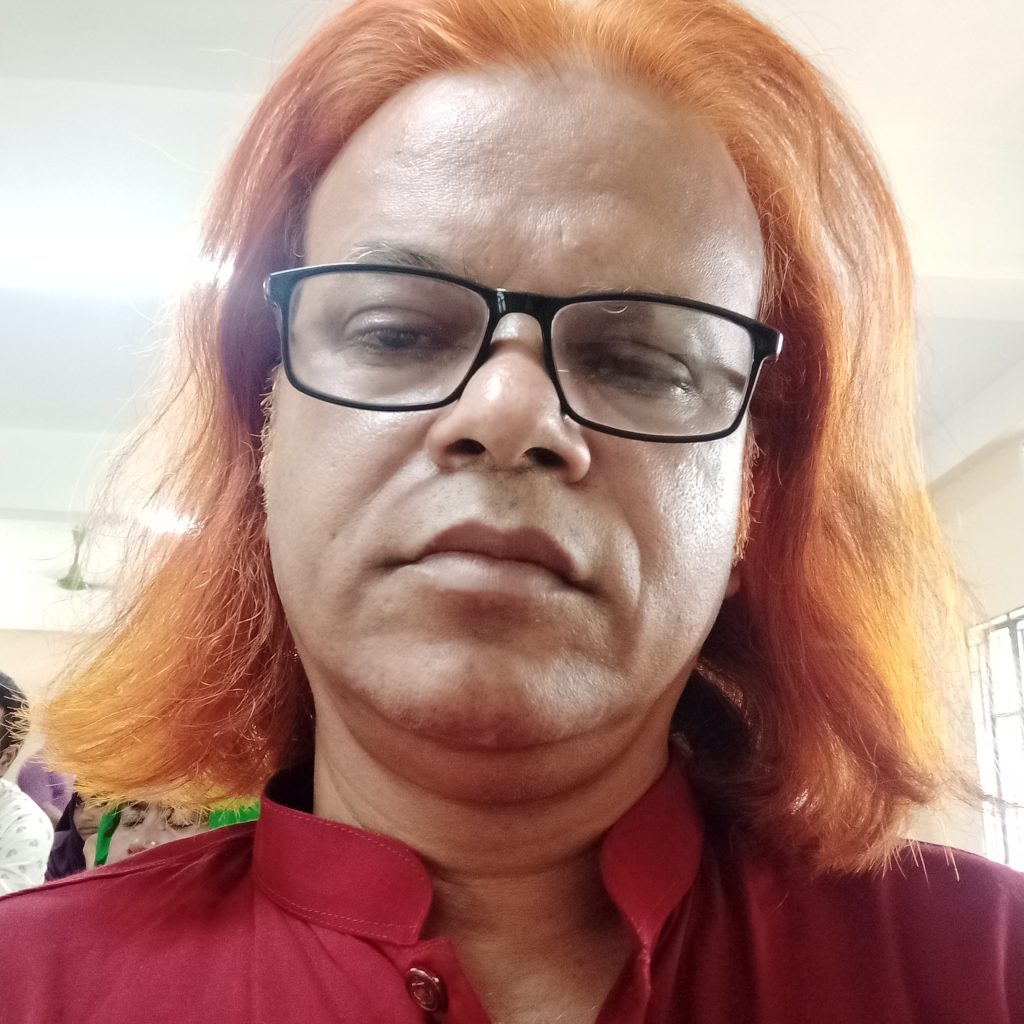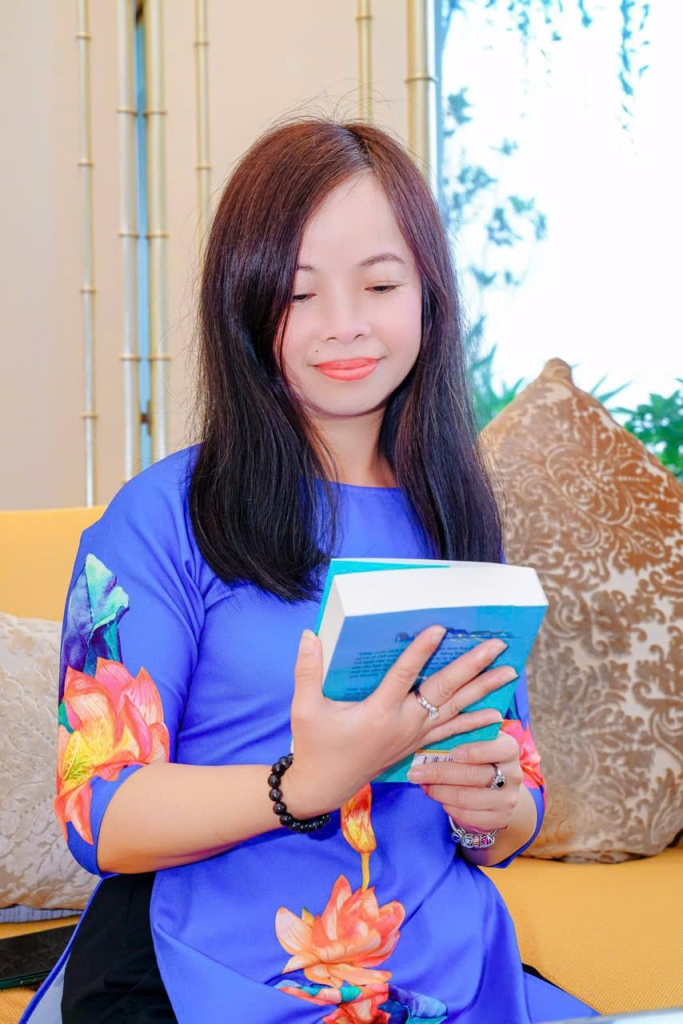
I Am a Football Fan
Like many others, I have many interests,
But let me tell you just one of them.
Sitting in front of the television screen,
Watching football—that’s my favorite hobby.
The kings of football: Ronaldo, Messi,
And I’m also a fan of Neymar Junior.
When Marcelo strikes with his amazing shots,
My eyes light up with joy and delight.
Running on a lush green field with the ball—
It’s not easy, facing tough rivals.
When luck is on your side, you score a goal,
But if it’s not, you might not even touch the ball.
Some win, and others lose the match,
Often, the final minutes decide it all.
We share in the winners’ celebration,
And stand by the losers with hearts full of empathy.
It’s not easy for those who lose either,
For behind them stands an entire nation.
Sometimes, we must admit who earned victory,
Sometimes, defeat teaches more to a man.
I mentioned the world’s most famous players,
Spoke of the greats and their shining names.
But truly, let us never forget
The footballers of my own Uzbekistan.
They have skill, courage, and speed,
Win or lose in every game they play.
No matter the outcome, behind them always
Stands the hopeful Uzbek crowd watching with pride.
We have “Jaloliddin,” we have “Abbosjon,”
Carried in every Uzbek’s heartfelt prayer.
May your feet never grow tired on the pitch—
You are tomorrow’s world champions!
Marjona Baxtiyorovna Jo‘rayeva was born on October 18, 2003, in Termiz district, Surkhandarya region.
She studied at School No. 6 in her district from 2010 to 2021. From grades 5 to 11, she actively participated in the “Knowledge Competitions” and “Subject Olympiads” in the subject of Uzbek Language and Literature, winning first place in district-level rounds and becoming a winner at the regional level. She graduated from school with an honors diploma and a gold medal
In 2022, she was admitted to the Uzbek Language and Literature program at the Faculty of Philology of Termiz State Pedagogical Institute on a state scholarship. Currently, she is a third-year student at the institute and also serves as the coordinator of the “Mushoira” (Poetry) Club. In addition, she works as a teacher of Uzbek language and literature at the specialized School No. 12 in Termiz district.
She is a member of the Democratic Party of Uzbekistan “Milliy Tiklanish” (National Revival). She has a good command of both English and Turkish languages and holds a B2 level certificate in Turkish.



